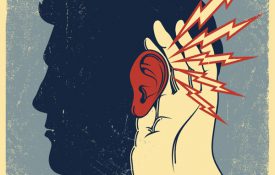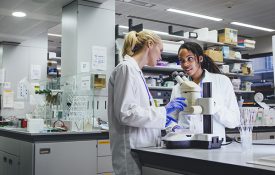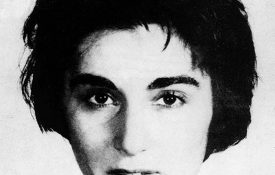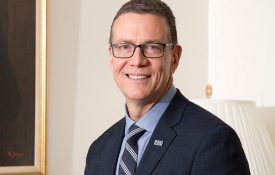-

District of Columbia Turns to Science to Improve City Operations
Psychological scientist David Yokum is leading an integrative team of scientists that is helping the District of Columbia conduct controlled trials designed to address affordable housing, policing, and other issues facing the city.
-

How Our Ears Inform Our Eyes
Eyewitness identification is an important part of criminal investigations, especially in circumstances where physical evidence is lacking.
-
Scientific American, Alan Alda Center for Communicating Science Announce Online Writing Workshop
Scientific American and the Alan Alda Center for Communicating Science at Stony Brook University are teaming on an online workshop aimed at helping scientists and engineers write blogs and op-eds for magazines, newspapers, and other news outlets. Presented in partnership with The Kavli Foundation, two dozen scientists will receive mentoring on writing over this fall and next spring, with successful assignments to be considered for publication as a Scientific American guest blog.
-

Minority Students and the Culture of Research
The social context of faculty-led research labs could impact on students’ further participation in science, particularly for underrepresented minority students.
-

A New Look at the Killing of Kitty Genovese: The Science of False Confessions
Kitty Genovese’s murder caught the attention of the public and psychological scientists alike, but new research indicates we’ve had the story all wrong for the last 50 years.
-

Clinical Researcher Named President of University of New England
Psychological scientist James Herbert, known for his advocacy of evidence-based mental health care, has been named the next president of The University of New England in Maine.

